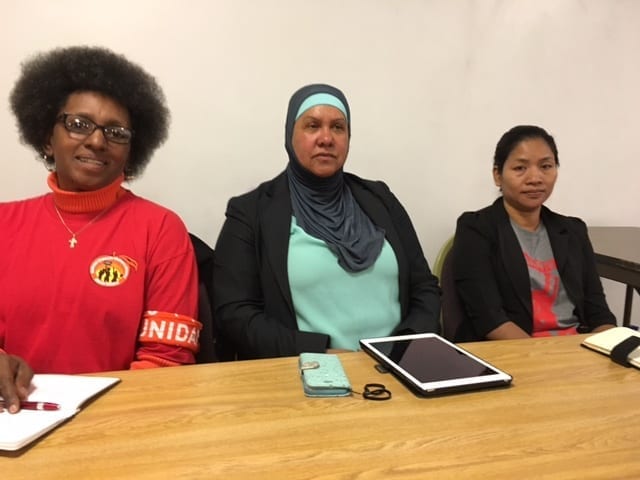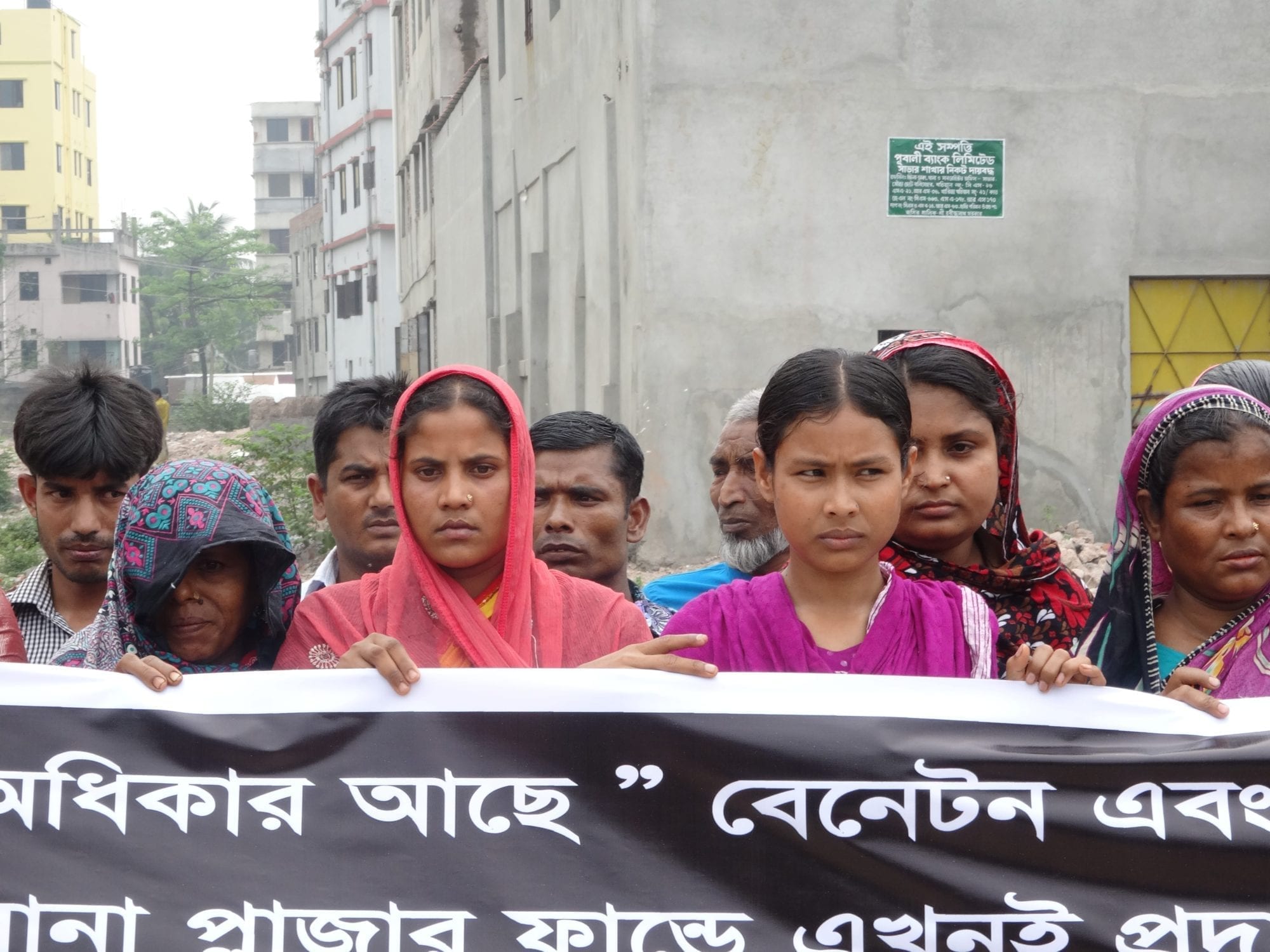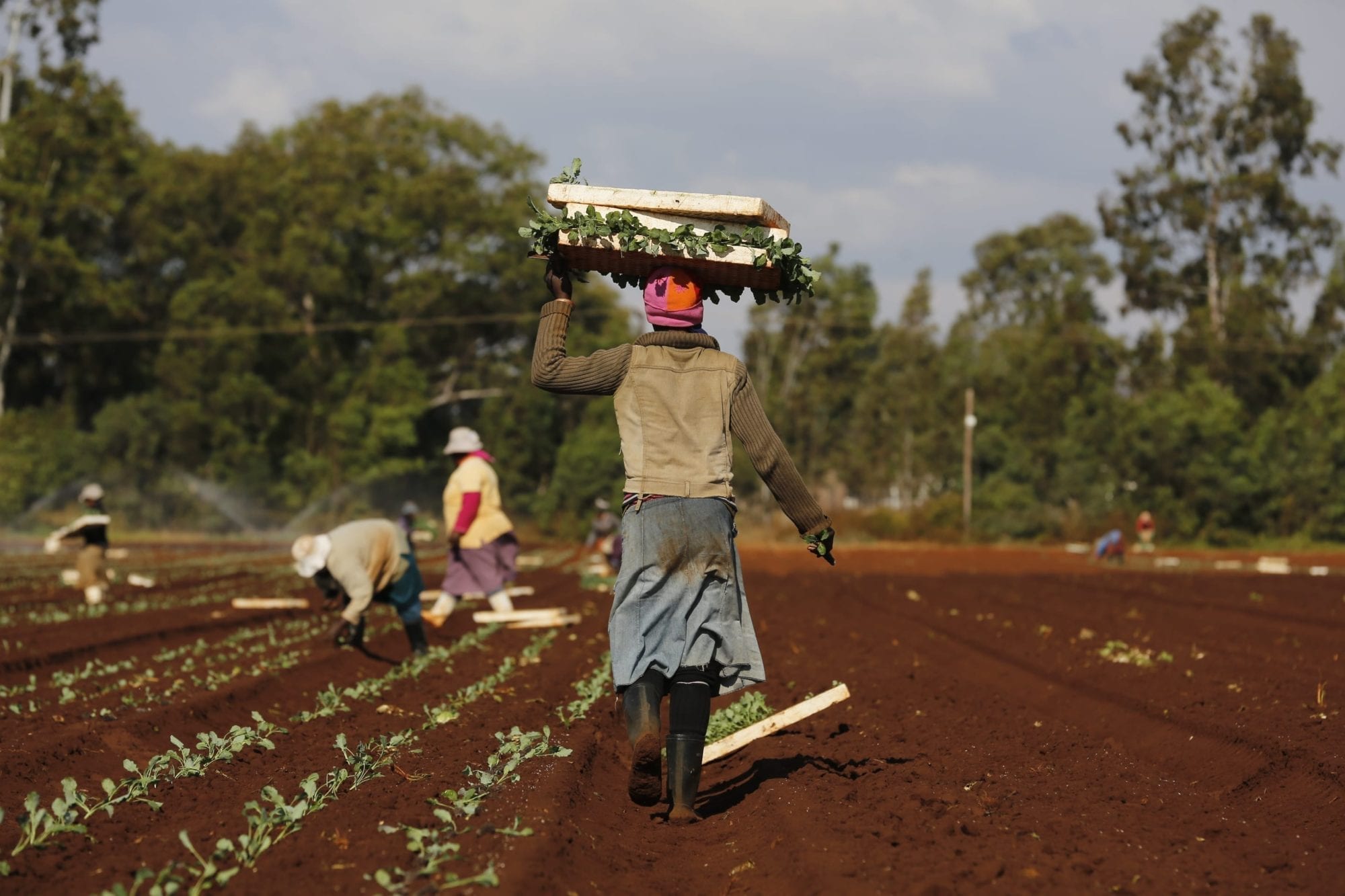Women’s economic empowerment is linked to achieving broader labor rights for workers around the globe and women must join together no matter what their interests or jobs to bring about gender equality at work, panelists said today at an AFL-CIO panel in New York City....

The Solidarity Center assists workers in the informal economy, such as market vendors in Zimbabwe, come together to assert their rights and raise living standards. Credit: ZCIEA
‘Without Worker Rights, All Other Rights Are in Jeopardy’
Labor rights are key to all human rights—and ensuring that the global human rights community champion worker rights is essential to addressing the many economic and political challenges throughout the world, according to panelists who spoke today at a United Nations...
Decent Jobs at Home Means Not Risking Your Life Abroad
If working people could find good jobs, they would not be forced into a desperate search for employment in other countries, a process that means they often are exploited and abused, says Caroline Khamati Mugalla, executive secretary of the East African Trade Union...
No Results Found
The page you requested could not be found. Try refining your search, or use the navigation above to locate the post.



